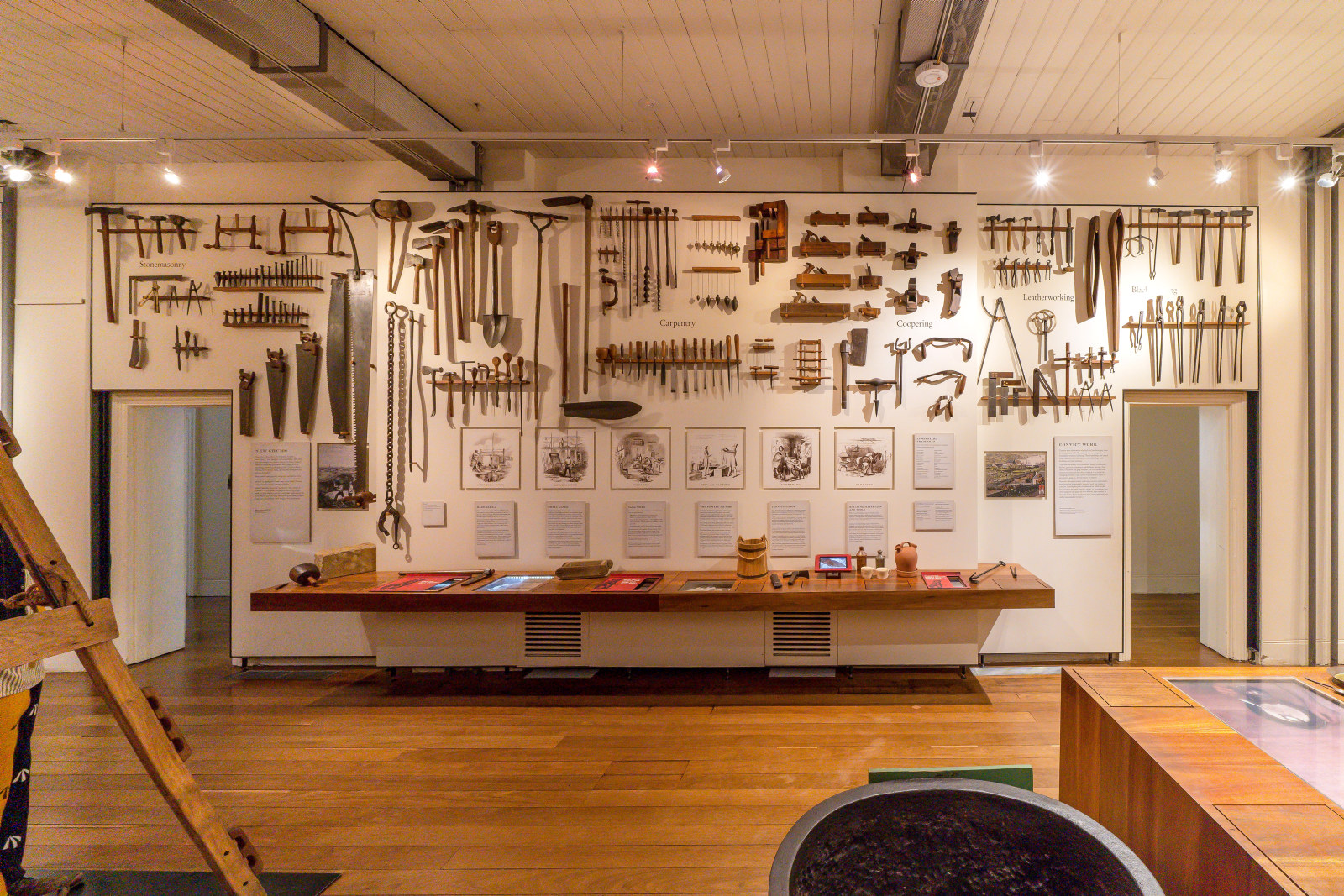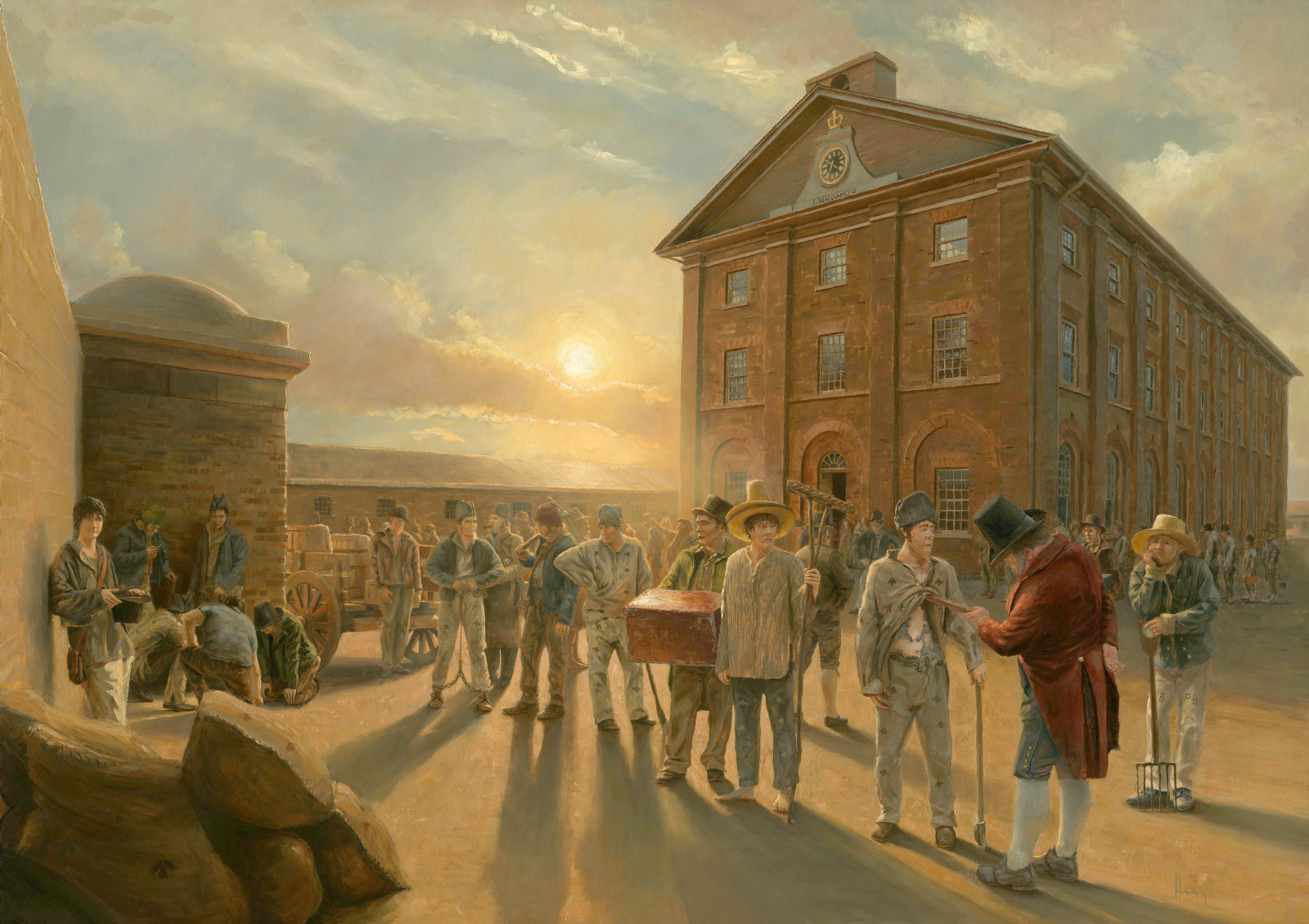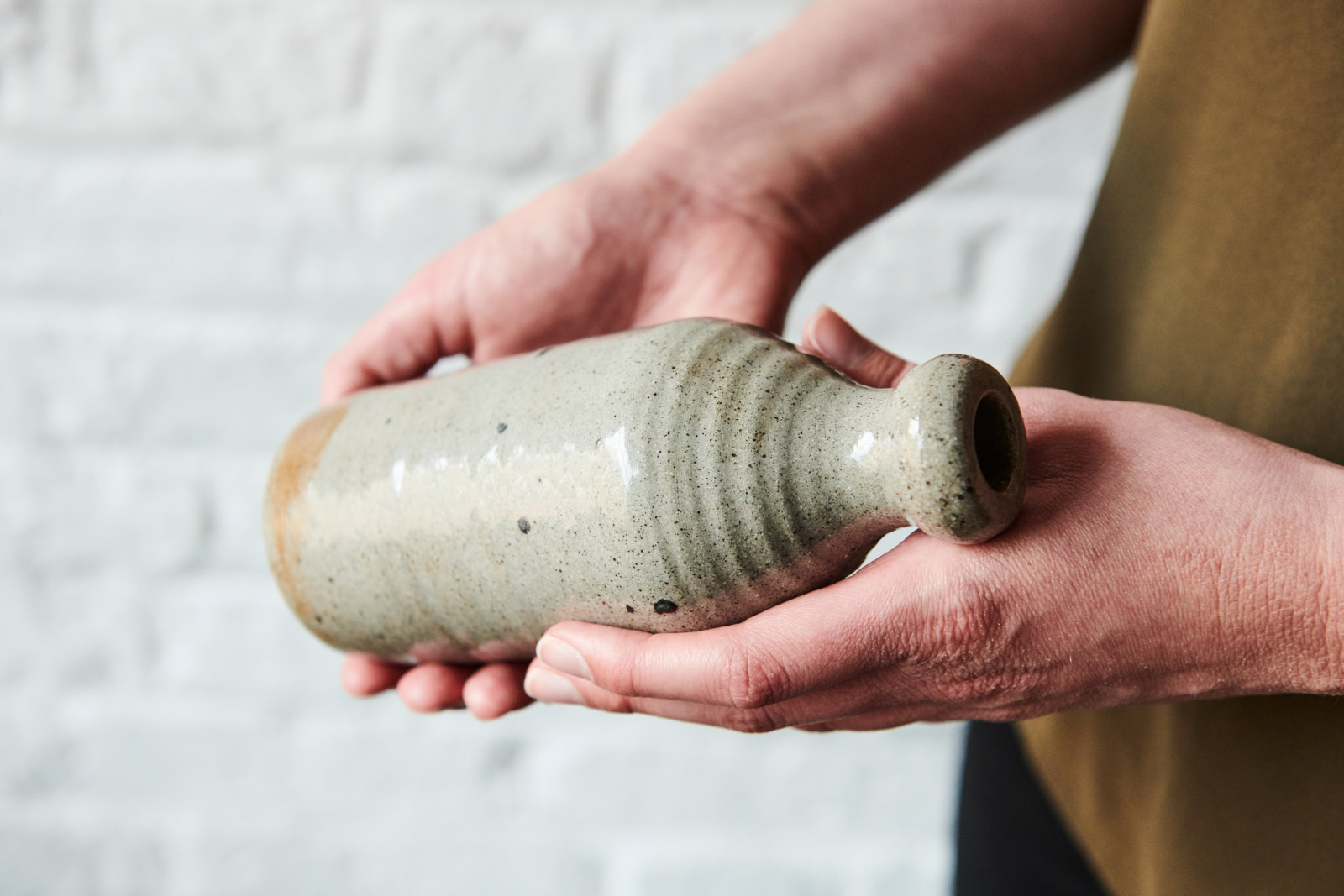Sampler
Made by Ann Mash, 1788
In September 1788 a young woman named Ann Mash (or Ann Marsh) from Devon, England, embroidered the Lord’s Prayer to create this sampler. Not long after, Ann was convicted for stealing a bushel of wheat, and sentenced to ‘transportation beyond the seas’. In 1789 she travelled to New South Wales on board the Lady Juliana – but this sampler did not travel with her. So how did this beautiful and personal piece, painstakingly embroidered by Ann’s hands, end up in Australia? It was once thought that Ann traded the sampler for food with her gaoler in England, but further investigation has revealed that she gave the sampler as a gift to Sarah Hearson, who taught her to read and write, before she was convicted. Sarah’s descendants brought it to Australia in the 1960s. Read Ann Mash’s full story.
Published on
Related

Convict Sydney
Objects
These convict-era objects and archaeological artefacts found at the Hyde Park Barracks and The Mint (Rum Hospital) are among the rarest and most personal artefacts to have survived from Australia’s early convict period

Convict Sydney
Convict Sydney
From a struggling convict encampment to a thriving Pacific seaport, a city takes shape

Learning resources
Explore our range of online resources designed by teachers to support student learning in the classroom or at home